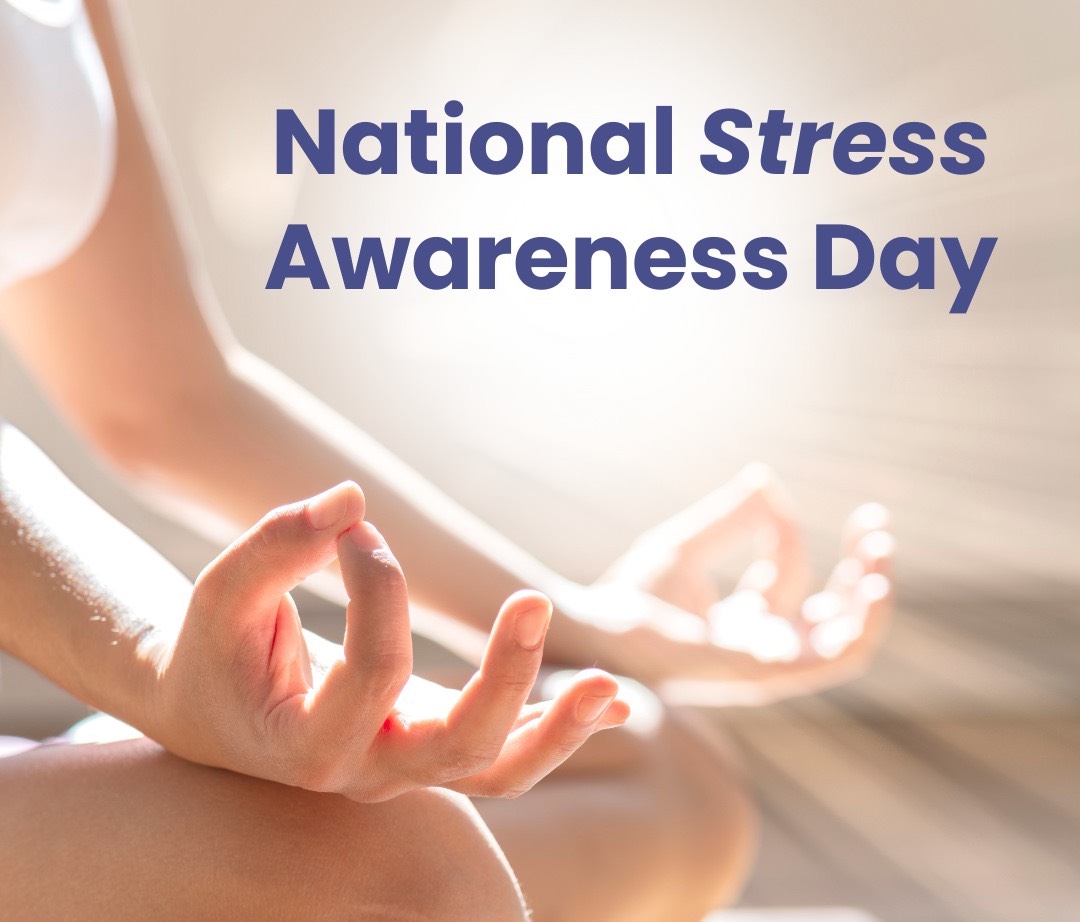Spinal spurs are bony growths that can develop on the vertebrae, or bones, of the spine. They are most common in the neck and lower back, and can occur for a variety of reasons, including aging, wear and tear, and injury.
In some cases, spinal spurs do not cause any symptoms. However, if they press on a nerve or the spinal cord, they can cause pain, numbness, and weakness. They can also narrow the spinal canal, which can lead to spinal stenosis.
Treatment options for spinal spurs include:
- Physical therapy: Physical therapy may help to strengthen the muscles around the spine and improve flexibility. This can help to reduce pain and improve function.
- Medication: Over-the-counter medications may be prescribed to relieve pain and inflammation.
- Injections: Corticosteroid injections may be recommended to reduce inflammation and pain around the affected nerve.
- Surgery: If spinal spurs are causing severe symptoms and are not responding to non-surgical treatment, surgery may be necessary.
If you are experiencing symptoms of spinal spurs, such as neck pain, back pain, radiculopathy (pain, numbness, or weakness radiating down the arm or leg), or spinal stenosis, it is important to see a neurosurgeon to get a diagnosis and discuss treatment options.
Dr. Darakchiev is a board-certified, fellowship-trained neurosurgeon skilled in diagnosing and treating a variety of brain, spine and peripheral nerve disorders. To schedule an appointment, please call 631-690-9080.




